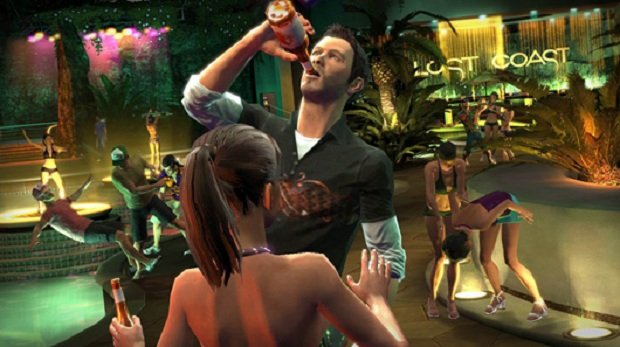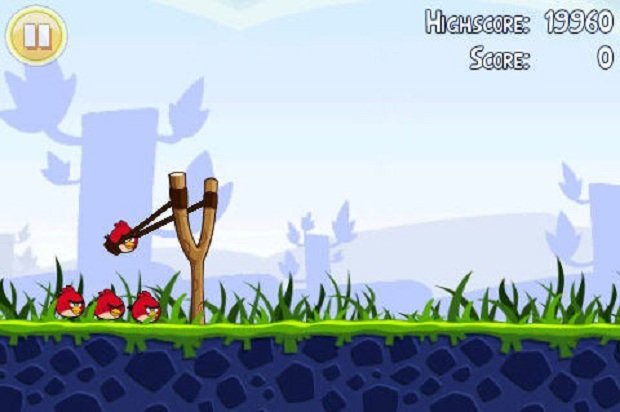Platforms like Facebook and the iPhone have made video games more accessible than ever before, while the PS3 and Xbox 360 promise to keep offering the biggest and best ‘AAA’ games money can buy. But what happens when these two clashing sides of the industry continue to pull at the same tug-of-war? Well, there were two headlines in the news this week that might seem unrelated, but they're the perfect comparative example to what's happening in the world of games:

Above: Canceling a game after $50 million had already been poured into production is enough to make anyone sober up
First, an anonymous source tells us that Warner Bros dumped $50 million into a just-canceled game most people had never heard of until yesterday. That's a huge number even for today's big-budget standards. This is Vegas has turned into a seven-figure piece of vaporware. Investors in the game had a better shot at profit by putting all their money on 00 on the roulette table in a real casino.
Meanwhile, a tiny Finnish independent games studio called Rovio is going to Hollywood. According toVariety, the creator of a little iPhone game known as Angry Birds is so pleased with his success that he is now envisioning a future with an Angry Birds movie, TV show, comic book series, and line of toys. It's a mission that could lead to millions of dollars in revenue... from a 99-cent app.

Above: A movie based on this game? Well, if they can do it for Missile Command, why not?
The huge uptick in independent game development and publishing has turned the market of video games from an industry of a few dozen competitors, to one of thousands. At the same time, revenue for the entire industry is only growing at a rate of 6 percent, according to 2009 year-end data from research firm NPD Group.
Clearly it’s time for the big publishers to rethink how they operate, and they are. EA has declared video game production budgetshave peaked. They simply cannot get any more expensive or they will never become profitable. Fellow AAA publisher Square Enix has already said it has to take a new shift in gameplay for Final Fantasy XV, after FF XIII took an unparalleled amount of time and money to complete and didn’t sell as well as expected.
Sign up to the GamesRadar+ Newsletter
Weekly digests, tales from the communities you love, and more

Above: Final Fantasy XIII looked really cool, but was it worth more than five years of work and tens of millions of dollars?
We also can't forget the instant demise of the ambitious MMO game studioRealtime Worlds, which went under faster than it takes an uncoordinated gamer to feel embarrassed on a DDR machine. On the flip side, do you see anyone spelling out doom for the unbelievably successful Facebook game Farmville? No one's feeling sorry for the relatively small team at social games developer Playdom after it was bought by Disney for more than a half million dollars.
And now that Google (more commonly referred to as God), is moving into the video game market, where is it heading? Yep, social games. It's just tough to be a video game console right now. Sure, your Killzones and Halos will still bring in enough money to keep the high-tech platforms alive, but just like anything else, the more mainstream gaming becomes, the less tempting it is to cater to the hardcore crowd.
We don't know who will be first in line to see the Angry Birds movie. Nor do we think any top-level publisher is brave or stupid enough to stop making epic, $50 million games for a chance to earn hundreds of millions. But we can say with certainty that every gamer should be expecting changes to the industry to continue. These massively expensive and long development cycles just can’t continue.
Okay, lecture's over.
Aug 25, 2010


Analyst Scott Steinberg shows that video games aren't all happy and fun

Skeleton crew to keep game running – for now


